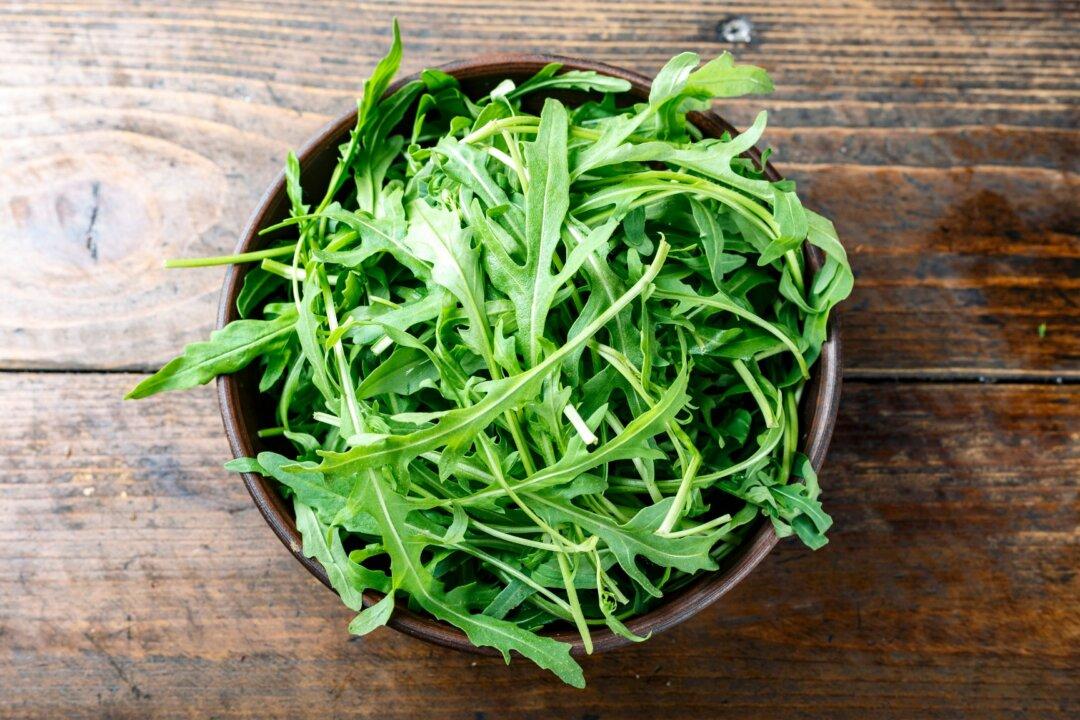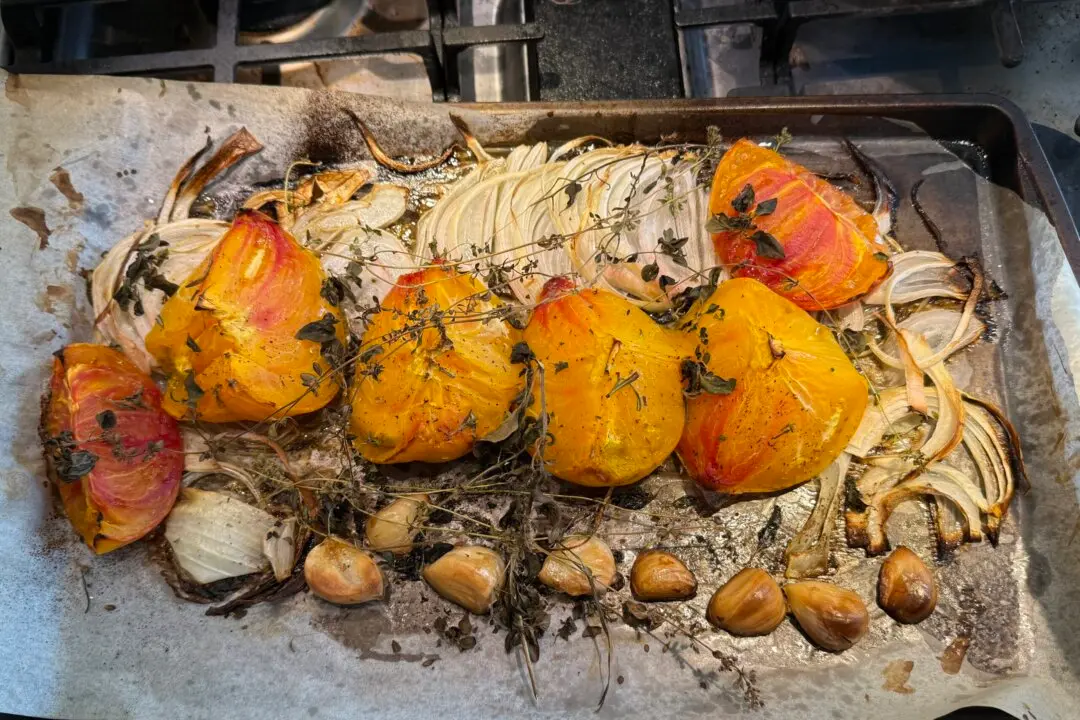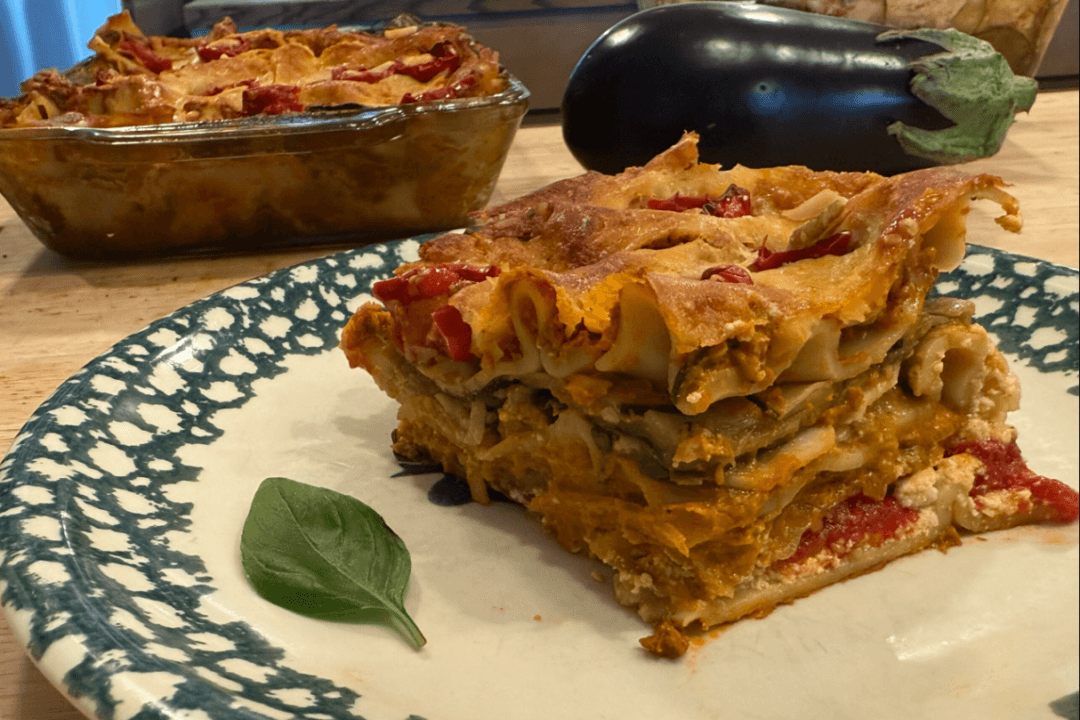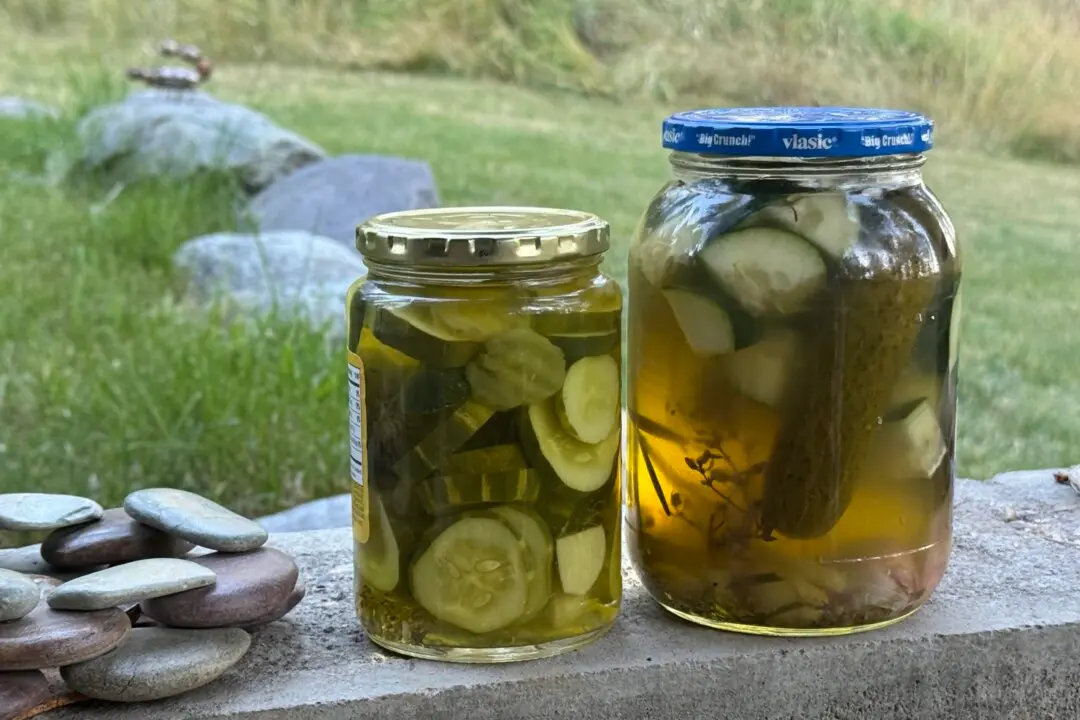“Anybody gone into Whole Foods lately and see what they charge for arugula?” asked then-Sen. Barack Obama during an Iowa campaign rally in 2007. There was no Whole Foods in Iowa at the time, and his gaffe, and the inevitable backlash, all became known as “Arugula-gate.”
Thus, the fates of arugula and Obama became inextricably linked. His alleged elitism sealed the spicy green’s fate for at least two election cycles, according to agriculture industry observers. At the time, kale had sales on par with arugula, but went on to dominate the dark leafy greens category—while arugula has languished ever since.





